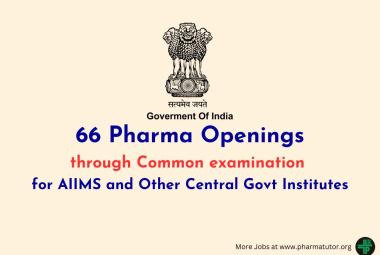Forums
1.FPGEE
The Foreign Pharmacy Graduate Equivalency Examination, or FPGEE, is one of the examinations required as part of the FPGEC Certification Program. (You must also take and pass the TOEFL iBT, the English-language exam administered by Educational Testing Service.)
The FPGEE is offered twice each year, and it is administered at Pearson VUE test sites throughout the continental United States. Only individuals made eligible during the FPGEC application process can take the FPGEE.
Once you successfully complete the FPGEC evaluation process, you will receive a letter of acceptance to sit for the FPGEE as well as detailed information on the registration and scheduling process. An FPGEE Identification Card, which will contain instructions for beginning the exam registration process, will also be included.
2.NAPLEX
The NAPLEX, or North American Pharmacist Licensure Examination, measures a candidate’s knowledge of the practice of pharmacy. It is just one component of the licensure process and is used by the boards of pharmacy as part of their assessment of a candidate’s competence to practice as a pharmacist.
Changes to the NAPLEX
As of November 2016, the NAPLEX increased in length to accommodate more content covering the diversity of clinical cases and medication preparation strategies encountered in pharmacy practice.
Specifically, the number of examination items increased from 185 to 250 and the test time increased from 4 hours and 15 minutes to 6 hours. The registration fee also increased from $505 to $575.
If you have an ATT but were unable to test before the prior exam closed on October 22, your current ATT will remain active and you may schedule and take the new NAPLEX after November 1, 2016, at no additional cost.
If you had an open registration but did not receive an ATT on or before October 22, your current registration will remain active. After receiving your ATT you may schedule and take the new NAPLEX after November 1, 2016, at no additional cost.
3.PEBC is the national certification body for the profession of pharmacy in Canada. This website is the official source for information regarding the PEBC certification process for pharmacists and pharmacy technicians. Please be aware that PEBC does not endorse any information regarding the certification process found elsewhere. This is the only source of reliable information for you as you work to achieve your goal of becoming certified by PEBC.
4.The Australian Pharmacy Council (APC) is the independent accrediting authority for pharmacy education and training.
The APC has been operating in various forms for over 30 years, with the Australian Pharmacy Examining Council (APEC) formed in 1982 to assess and examine international pharmacists, and the New Zealand and Australian Pharmacy Schools Accreditation Committee (NAPSAC) formed in 1997 to accredit pharmacy programs. The current APC (following two names changes) was established in 2006 as an incorporated society, merging both the APEC and NAPSAC, and in 2009 became a company limited by guarantee.
We play a key role in protecting the public safety by ensuring high standards of pharmacy education.
We accredit education programs and assess the competence of pharmacists. This is to ensure pharmacists have the skills and knowledge to deliver effective health care that meets the changing needs of the community.
In particular, we undertake the following activities:
- Accredit and evaluate pharmacy degree programs, intern training programs in Australia, New Zealand and internationally
- Accredit organisations who accredit continuing professional development (CPD) activities in Australia
- Conduct written examinations for pharmacists and interns wishing to register in Australia and New Zealand
- Assess overseas trained retail and hospital pharmacists wishing to migrate and practise in Australia
We work under the National Registration and Accreditation Scheme and hold the assignment for accreditation from the Pharmacy Board of Australia until July 2018. We also provide accreditation services to the Pharmacy Council of New Zealand, who have the authority to accredit programs under their legislation.
- Log in to post comments








